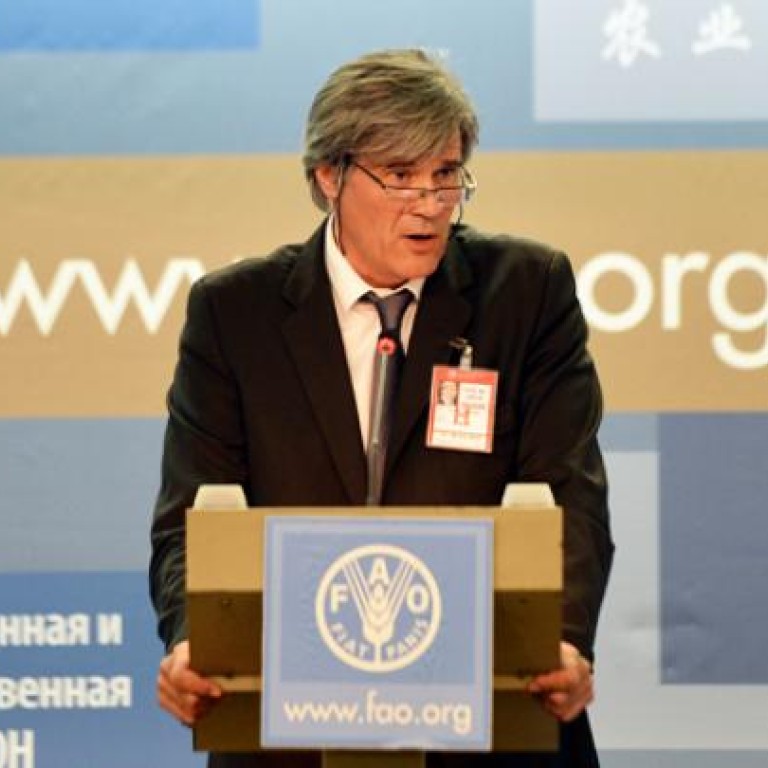
High food prices top UN agenda on World Food Day
The United Nations focused World Food Day talks on Tuesday on lowering food prices in the face of droughts in Australia and the United States and a drop in harvests in Europe and the Black Sea region.
A meeting at the UN’s Food and Agriculture Organisation (FAO) in Rome chaired by French Agriculture Minister Stephane Le Foll brings together ministers from 20 countries including major producers and import-dependent developing countries.
The talks, which will be followed by a press conference scheduled for 11.30 GMT, were aimed at boosting “the effectiveness of measures to address food price volatility and to reduce its impact on the most vulnerable,” FAO said.
Global food prices rose by 1.4 per cent last month, after holding steady for two months, as cereals, meat and dairy prices climbed, the FAO said earlier.
The food import bill for poor countries is therefore estimated to rise by 3.7 percentage points from last year to US$36.5 billion.
FAO estimates that about 870 million people in the world – or one in eight humans – suffer from hunger, saying the figure is “unacceptably high” even though it has gone down from more than a billion in the early 1990s.
The UN’s special rapporteur on the right to food, Olivier De Schutter, said that figure rises to 1.5 billion people if you include malnourishment that hampers the physical and psychological developments of children.
When global food prices rise as they are doing now “it is not just that there are fewer meals but the meals are also less varied,” De Schutter said, adding: “This threat is not really seen as a priority but it should be.”
FAO chief Jose Graziano Da Silva on Tuesday said it was vital to help small farmers as a way of combating hunger and World Food Day events highlighted the crucial role played by farming cooperatives in the developing world.
Graziano Da Silva underlined the fact that the figure from the number of people suffering from hunger had stopped going down over the past five years.
“The numbers are increasing in Africa and the Middle East,” he said.
“We cannot tolerate this in a land of plenty where production is sufficient for everyone,” he said, adding that the funds for aid and agriculture budgets had gone down over the past three decades, stranding small farmers.
“They have had to fight to adapt to variations in the climate, the market and prices,” he said.
Graziano Da Silva said promises made by governments to eradicate hunger made when prices hit record highs in 2007 and 2008 had not been kept.
